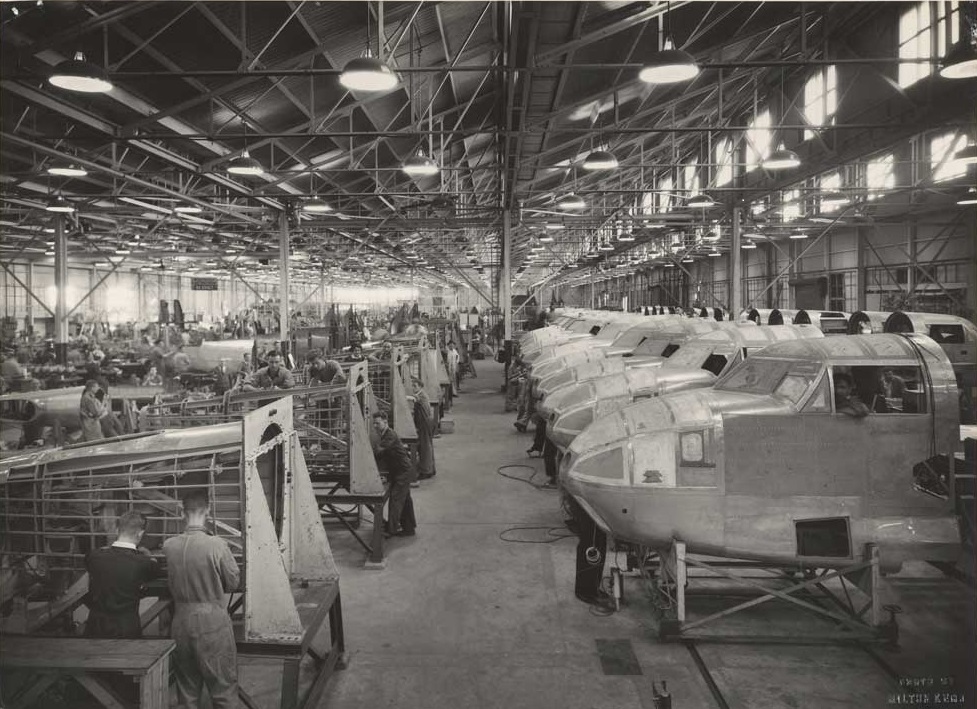Hmmm.....walking carefully here....
To build a military that works you also need a threat - I'd suggest that there are a number of issues out of the 1980s - 2000s that highlight how a lack of focus made for an ADF that was average in most areas and poor in the rest - an almost jack of all trades, master of none. We have learnt that doesn't work, and is likely to work less against a future concept of war that is more likely to see peer-peer combat than over the past few decades.
So, to make a viable force that can fight in some conditions you need that threat. And it just so happens that there are options now that are much more realistic than over the past 30 years. But....the problem with highlighting a threat to build against is you have to define how you fight it. And that's where we hit a problem. In a war between China and Australia only, it is more likely than not we lose (depending on scope and location). The only way to win that war is to not fight it.
Enter deterrence.
Deterrence is a great idea. You can avoid the costly war just by scaring them. Except for one tiny, itty bitty issue - it's going to cost a lot. You either need nukes or overwhelming conventional mass. A classic case lies in the Royal Navy at the turn of the 20th century. It was felt that having a large Royal Navy would prevent war with Germany, France, Austro-Hungary, Russia or America. Except....that mass wasn't large enough to stop 1914. Likewise, Iran and North Korea have reasonable protection from the US thanks to their nukes - just like the Soviet Union was never struck in the 1960s or 70s to disrupt trade with North Vietnam - nukes provide deterrence.
Taking each option highlights that neither is feasible for Australia. Both also provide additional risks - especially with our neighbours between us and China. The reality is we can't do it. Enter Big Brother - either Britain (until 1943) or the US (from 1943). In the latter's case there is the ambiguity of their nuclear umbrella that helps.
So, what about the latest work? Well, I'd suggest it is the result of an interesting conundrum between shifting the force to include a specific red focus and the fact we are too small to actually do it. We can infer it though.
But....
There is a partial deterrence capability. Our geography provides all the deterrence we could want - no-one is invading us anytime soon. But (and here is the problem with White's traditional thinking) the air/sea gap is also irrelevant. Australia's interests extend beyond that. Having a strong, capable ADF that can go toe-to-toe with China, at least initially, means that Indonesia, Malaysia, Singapore, Thailand and Vietnam now have additional, capable force to back them. Fiji, Tonga, Vanuatu and the other Pacific Islands have a counter-balance that can help them. Australia may not always be the most popular country with them - but they know we will seek to keep them free of malign influence. Adding this together makes some deterrence possible.
20 years ago, the chances of a modern ADF 3-star JTF rapidly reinforcing Malaysia with modern weapons would have been a joke. Now? Almost. 2025-2030? Yes. And with enough teeth to make any nation moving south bleed hard. Now - we may end up losing that JTF. But the political cost to a nation that did that, the risk of bringing in the Americans or Brit's, and the sheer cost in casualties - that all will have some deterrence effect.

